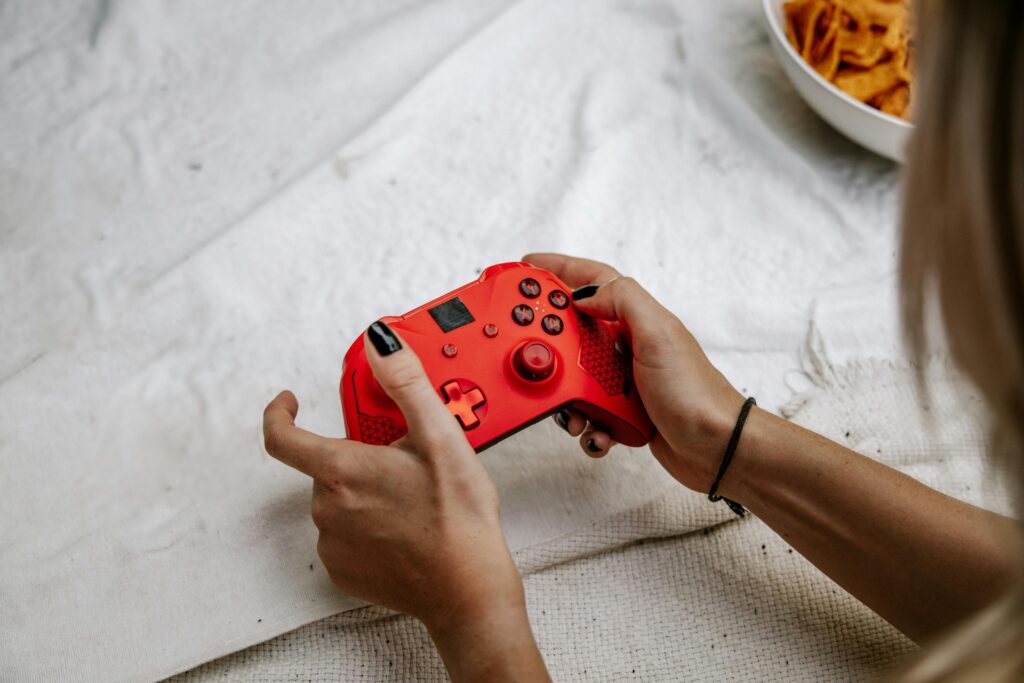The medical community’s decision to classify gaming disorder as an official mental health condition has sparked intense debate among researchers, players, and mental health professionals worldwide. Just like the ongoing discussions about responsible gambling practices at online casino platforms, the question of whether excessive play constitutes genuine addiction touches on complex issues of personal responsibility, medical validity, and social concerns.
This controversy reveals deeper questions about how we define addiction in the digital age and whether traditional addiction models apply to modern entertainment technologies.
The Case for Gaming Disorder as Legitimate Addiction
Video game addiction supporters point to mounting evidence that excessive play can produce genuine neurological changes similar to those seen in substance addictions. Brain imaging studies show altered dopamine pathways and reward system functioning in heavy players that mirror patterns found in gambling and drug addictions.
The World Health Organization’s inclusion of gaming disorder in the International Classification of Diseases (ICD-11) reflects growing professional consensus that some individuals experience clinically significant impairment from play that requires medical intervention.
Treatment centers worldwide report success using addiction-based approaches for video game problems, including cognitive behavioral therapy, group counseling, and sometimes medication to address underlying anxiety or depression that may contribute to excessive play.
Real-world consequences documented in severe cases include job loss, relationship breakdown, academic failure, and physical health problems from neglecting basic self-care during extended play sessions.
Evidence supporting gaming disorder classification:
- Brain imaging showing addiction-like neural changes
- Documented cases of severe life impairment from video games
- Withdrawal symptoms when access is restricted
- Tolerance development requiring increased play time
- Failed attempts to reduce activity despite negative consequences
- WHO recognition as official medical condition
These factors suggest that at least some individuals experience problems that meet clinical criteria for addiction disorders.
The Moral Panic Argument Against Pathologizing Gaming

Critics argue that gaming disorder represents a moral panic that pathologizes normal recreational activities and reflects generational misunderstanding of digital entertainment. They point out that most players maintain healthy relationships with games without developing addiction-like problems.
The gaming disorder debate often involves cultural biases against new forms of entertainment that older generations don’t understand or appreciate. Historical parallels exist with moral panics around television, rock music, and comic books that were once blamed for social problems.
Research methodologies in video game addiction studies face criticism for small sample sizes, lack of control groups, and conflating correlation with causation. Many studies examine individuals already seeking treatment rather than representative samples of the player population.
Some mental health professionals worry that this kind of diagnosis could stigmatize normal video game activities and lead to unnecessary medicalization of what might be temporary life adjustments or responses to other underlying issues.
|
Pro-Position |
Anti-Position |
|---|---|
|
Brain changes mirror substance addiction |
Normal adaptation to rewarding activities |
|
Severe life impairment documented |
Temporary problems, not permanent addiction |
|
Treatment success with addiction approaches |
Success could reflect other factors |
|
WHO official recognition validates concerns |
Political decision, not scientific consensus |
|
Clear diagnostic criteria exist |
Criteria too broad, catch normal behavior |
This comparison highlights the fundamental disagreement about interpreting the same evidence through different conceptual frameworks.
Examining the Research Evidence
Is gaming addiction real? The scientific literature presents mixed findings that fuel ongoing controversy. While some studies demonstrate neurological changes in heavy players, critics argue these changes might represent normal brain adaptation rather than pathological addiction.
Prevalence estimates for gaming disorder vary wildly between studies, ranging from less than 1% to over 10% of players depending on diagnostic criteria and methodology used. This variation suggests either poor measurement tools or fundamental disagreement about what constitutes problematic behavior.
Longitudinal studies tracking individuals over time show that many video game problems resolve naturally without intervention, particularly as life circumstances change or other interests develop. This pattern differs from substance addictions that typically require active treatment.
Alternative Explanations for Gaming Problems

Gaming addiction symptoms might reflect underlying mental health conditions like depression, anxiety, or ADHD rather than primary video game addiction. Many individuals with problems show improvement when these underlying issues receive treatment.
Social isolation and life dissatisfaction can drive excessive play as escapism rather than addiction per se. Video games provide accessible social connection and achievement experiences that may be lacking in offline life circumstances.
Developmental factors play crucial roles, as problems often emerge during adolescence when identity formation and social pressures create vulnerability to various behavioral problems that may resolve with maturity.
Life transitions, stress, and trauma can trigger temporary increases in play behavior that look like addiction but actually represent coping mechanisms that change as situations improve.
Alternative explanations for excessive play:
- Depression or anxiety seeking relief through escapism
- Social isolation driving need for virtual community
- ADHD symptoms finding outlet in stimulating environments
- Life transitions creating temporary need for distraction
- Lack of offline achievement opportunities driving virtual success-seeking
- Trauma responses using video games for emotional regulation
These explanations suggest that addressing underlying issues might be more effective than treating play as primary addiction.
Understanding Gaming in Context
The gaming disorder debate reflects broader cultural tensions about technology’s role in modern life and how we define healthy relationships with digital entertainment. Rather than taking extreme positions, balanced approaches recognize both genuine addiction potential and the risk of pathologizing normal activities.
Future research needs better methodology, larger representative samples, and longer follow-up periods to provide clearer answers about this kind of disorder’s legitimacy and prevalence.

